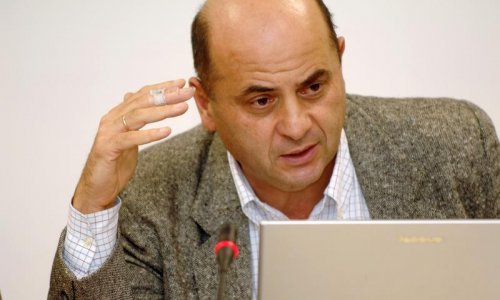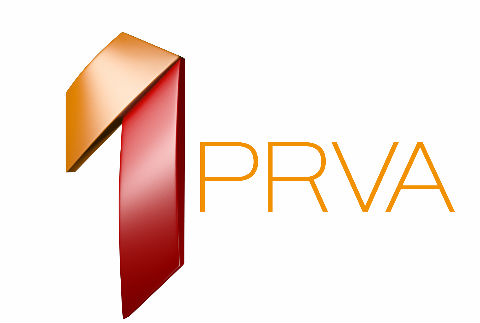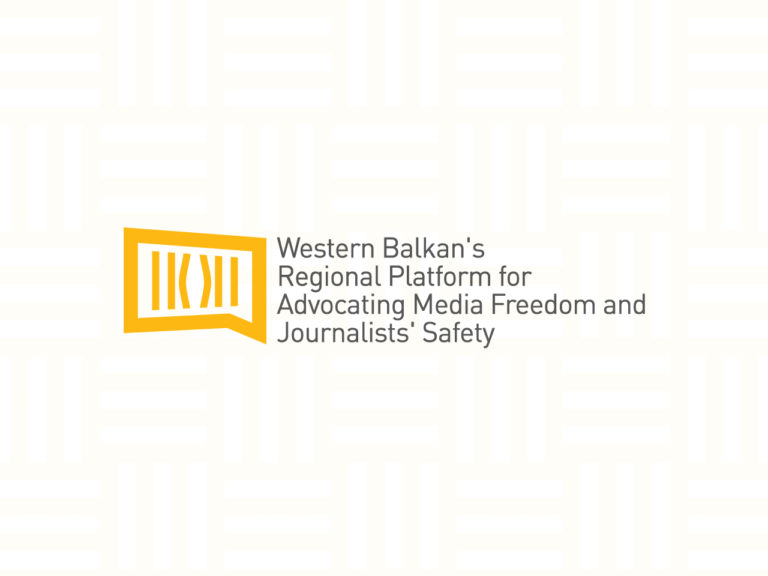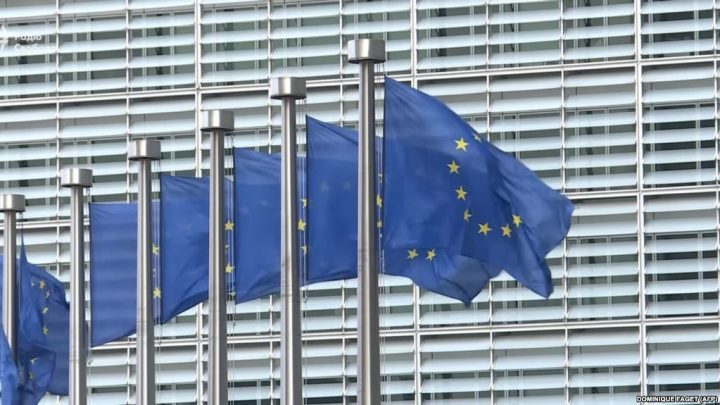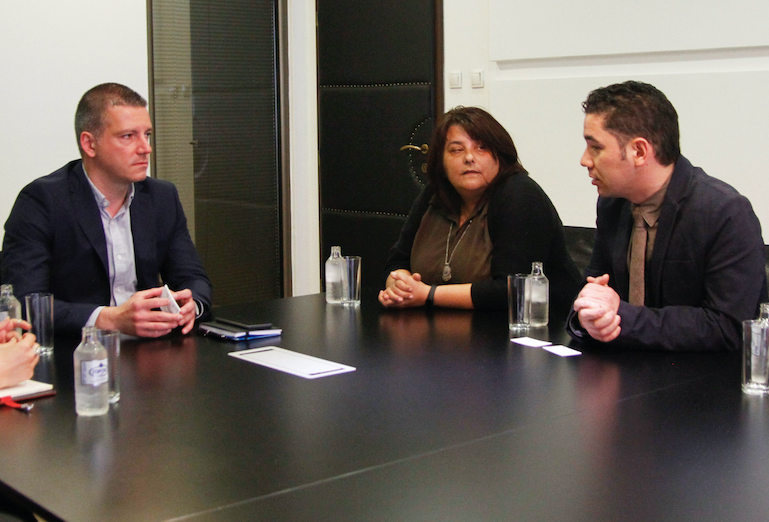ZAGREB, 24.04.2018. – Croatian Journalists’ Association (CJA) considers recent verdict for Ivo Goldstein, history teacher at the Zagreb University, to be attack on freedom of speech and freedom of criticism as well as of debate. Ivo Goldstein has by that final judgment been sentenced to fine because of his article published in Globus Magazine.
Goldstein has been convicted based on personal suit submitted by Antun Vrdoljak, film director. Vrdoljak submitted it because of Goldstein’s critical review of his documentary about Josip Broz Tito that was on at the Croatian Radio-Television (HRT) in 2010. Goldstein’s review was published eight years ago in Globus Magazine.
Following verdict of the Novi Zagreb Municipal Court, additionally made more stringent by Zagreb County Court, Ivo Goldstein is to pay to Antun Vrdoljak fine of 30.000 kunas (cca 2.700 Euros) plus interests, court and lawyers expenses; something more than 70.000 kunas (cca 9800 Euros) in total.
In democratic societies and in societies regulated by law fine because of publicly expressed standpoints and statements should be decided on exclusively if violation of personal dignity, honor and reputation was extreme and exceeded civilized criticism.
But Goldstein article does not attack Vrdoljak’s dignity, honor or reputation; it opens polemics with his work, points out many verifiable historical inaccuracies in the documentary, his selection of persons interviewed and statements.
Therefore CJA finds that verdict and its statement of grounds pointing out unusually strong violation of dignity, honor and reputation of the film director Antun Vrdoljak, to be not grounded and arbitrary.
That court practice jeopardizes freedom of speech, spreads fear, stimulates censorship and auto censorship and puts Croatia with authoritarian countries where every criticism of powerful and well established people may become victim of court retaliation.
CJA points out frequent practice of bringing to court journalists and opinion journalists due to their public criticism and court judgments that jeopardize freedom of speech, criticism and debate.
We call upon judges and courts dealing with cases of freedom of speech to be adequately careful and understanding about basic values of democratic society.


